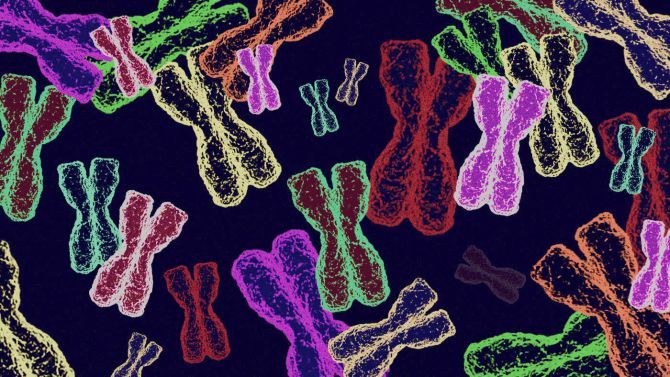Police ask users for DNA from Ancestry.com and 23andMe

Startups like Ancestry.com and 23andMe offer users to send DNA samples for medical rapid tests and genealogy studies. The service is very popular: both companies have more than a million customers.
When startups started their work about five years ago, some paranoid people warned about the risks to the privacy of citizens in connection with the creation of large DNA databases. No one listened to them, but in vain. Now fears are beginning to be fully justified: it became known that the police became interested in DNA bases .
“Your relatives' DNA can be used against you,” Wired magazine writes, referring to a case that happened earlier this year with filmmaker Michael Usry. He became a suspect in an unsolved murder case after police found a suitable DNA sample in the Ancestry.com database. The sample was provided by the film director’s father several years ago.
As a result, the situation was resolved successfully: Asri was found not guilty, but the Electronic Frontier Foundation calls this story an example of what the situation can lead to when citizens' biometric data from private databases fall into the hands of law enforcement agencies.
Representatives of both companies Ancestry.com and 23andMe said that they provide the police and the FBI with biometric information from users if they receive a court request. 23andMe also said that it received several requests directly from the police and the FBI, but “successfully opposed them.”
23andMe plans in the near future to start publishing reports with information on the number of requests from the authorities for the issuance of personal information, following the example of the same reports published by Google, Twitter, Facebook and some other IT companies. The company also intends to notify users if they are interested in law enforcement.
According to lawyers, requests for DNA samples from the police are a fully adequate and legal measure as part of an ongoing criminal investigation. But each user must be aware that sending a DNA sample to a private company, he potentially substitutes not only himself, but also his relatives, including unborn children.
Fortunately, Ancestry.com and 23andMe have the option of removing personal information from the site. Removal is carried out within 30 days.
